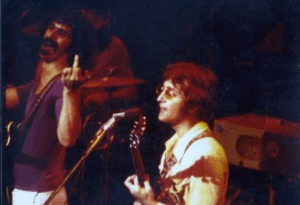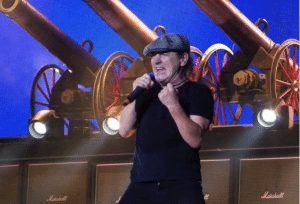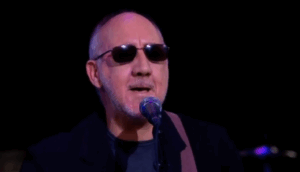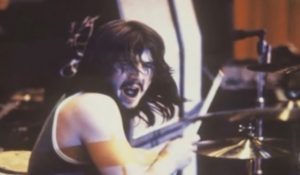Ozzy Osbourne Reveals What He Truly Wants to Be Remembered For
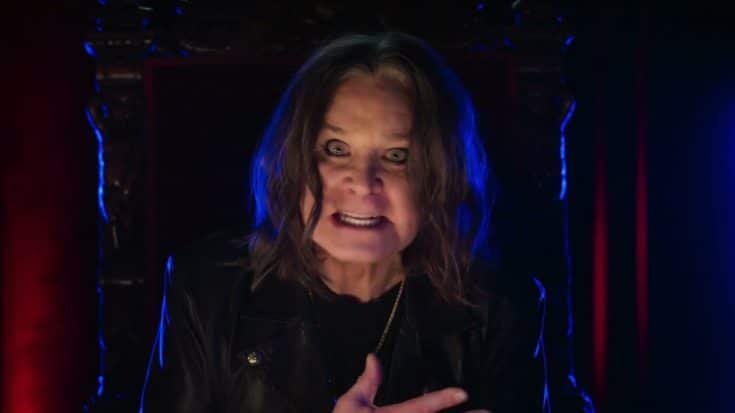
via @WWE / YouTube
Ozzy Osbourne, the Prince of Darkness and iconic frontman of Black Sabbath, passed away earlier this week at the age of 76. Known as much for his outrageous stage persona as for his deep influence on rock music, Ozzy’s death was confirmed in a touching statement from his family. They shared that he was surrounded by love at the time of his passing, asking for privacy as they grieve.
Despite years of health battles—including a Parkinson’s disease diagnosis in 2019—Ozzy remained active and sharp-witted until the end. True to his irreverent spirit, he had clear ideas about how he wanted his life to be remembered and his funeral to be handled. For Ozzy, legacy was never about sadness—it was about gratitude.
Over the years, he shared candid thoughts about his own mortality, showing a surprising depth behind his heavy metal image. And as the world mourns, many are finding comfort in the words he left behind about how he wanted to be remembered.
View this post on Instagram
“No Harping on the Bad Times”
In a 2011 column for The Times, Ozzy addressed a fan question about funeral planning with characteristic bluntness and humor. “There’ll be no harping on the bad times,” he wrote. Instead of a gloomy send-off, he wanted people to reflect on the blessings in their lives—even if those blessings came wrapped in chaos and noise.
Ozzy emphasized that even rock stars, often thought of as living cursed or chaotic lives, are lucky in many ways. “A lot of people see nothing but misery their whole lives,” he noted, contrasting that with his own journey filled with music, family, and second chances. It was this perspective that shaped his desire for a farewell that celebrated life.
He envisioned his funeral not as a somber event, but as an opportunity for everyone to say “thanks.” That one word—simple, heartfelt—sums up the spirit in which Ozzy wanted his final chapter to be read.
“Play What Makes You Happy”
When it came to funeral music, Ozzy wasn’t picky. In fact, he joked that people could play anything—from Justin Bieber to Susan Boyle—if it brought them joy. The message was clear: his funeral wasn’t about his ego. It was about making others feel connected and comforted, however they chose to do that.
Later, though, he did admit that he had a soft spot for The Beatles, particularly “A Day In The Life.” He even said he’d probably prefer something from Sgt. Pepper’s or Revolver if given more time to choose. The Beatles had long been a major influence on him, both personally and professionally.
One thing Ozzy was certain of? No greatest hits. He was famously embarrassed by that compilation, saying he never played it. And just as firmly, he didn’t want a “happy” song. “I’m dead,” he quipped, with his signature blend of dark humor and clarity. Even in death, Ozzy remained completely, unapologetically himself.
https://twitter.com/OzzyOsbourne/status/1948411775856341249
A Final Homecoming and Lasting Legacy
In the final months of his life, Ozzy returned to his hometown of Aston in the UK for a heartfelt benefit concert titled Back to the Beginning. Organized by his wife Sharon, the concert brought together musicians from across generations and raised $189 million for charity—an act that deeply touched the legendary rocker.
“A celebration of the music” is how Sharon described the event, aiming to honor both Black Sabbath’s legacy and Ozzy’s solo career. The concert wasn’t just a tribute—it was a passing of the torch to a new generation of rockers. All who attended were part of a powerful farewell that mirrored the kind of funeral Ozzy always wanted: full of music, unity, and gratitude.
At the end of the concert, Ozzy stood before his fans and said, “You’ve no idea how I feel—thank you from the bottom of my heart.” That thank-you wasn’t just for the applause that night. It was for decades of love, support, and shared chaos. It was the purest expression of what he truly wanted to be remembered for: not just the music, but the deep connection he had with the people who kept it alive.
View this post on Instagram





